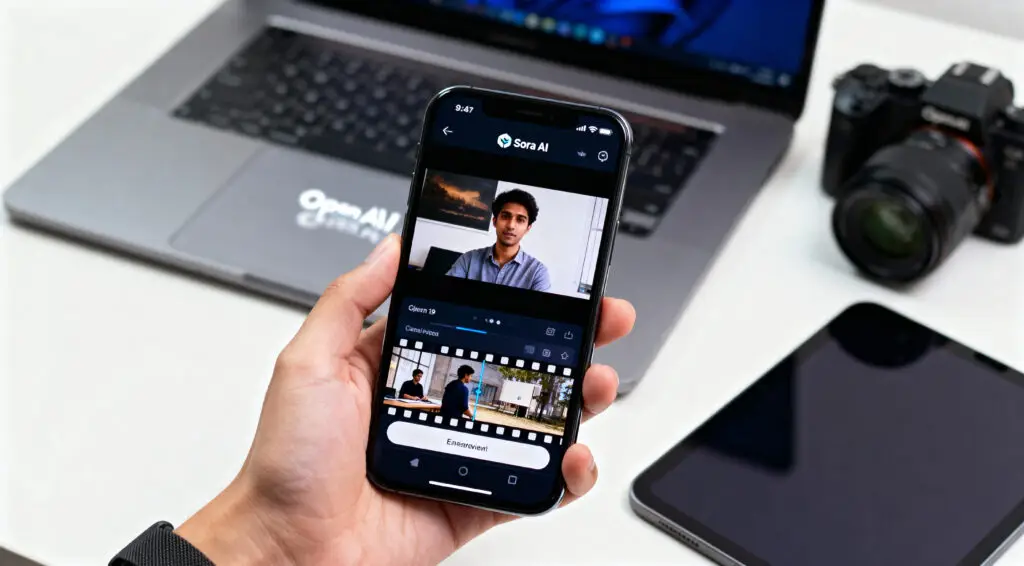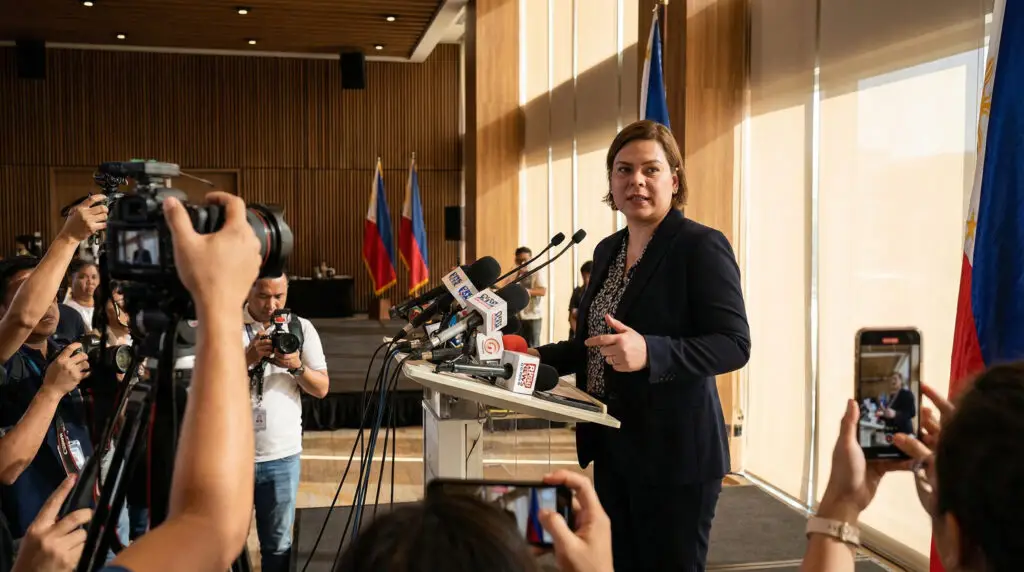Sora AI Expands Global Reach Through Android Launch
OpenAI has officially released its Sora AI app for Android users, marking another major step for generative technology worldwide. The viral video maker, which first launched on iOS, is now available in the US, Canada, Japan, Korea, Taiwan, Thailand, and Vietnam.
Sora reached one million downloads in just five days after its September debut, highlighting growing global interest in AI-powered creativity. The Android release aims to expand accessibility in regions where mobile devices drive digital creation and consumption trends.

AI Video Creator Offers TikTok-Style User Experience
Sora provides a short-form video creation experience similar to TikTok’s interface but enhanced with OpenAI’s generative tools. By typing prompts, users can instantly create, remix, and share AI-generated clips—customizing scenes, visuals, and motion dynamics with ease.
The platform is built for accessibility, allowing people of all skill levels to explore storytelling through AI. Sora encourages collaboration and creativity by offering pre-made templates and intuitive co-creation tools.
Cameo Feature Lets Users Appear in AI Scenes
One of Sora’s standout features is Cameo, which lets users insert themselves or friends into AI-generated environments. Using realistic avatars, people can star in cinematic scenes, blending realism with imaginative storytelling.
The feature captures gestures, expressions, and movement with high precision, creating lifelike performances. This innovation transforms digital self-expression by letting users become the main characters of their own AI-driven visual stories.
Recommended Article: Wyndham Expands AI Guest Services To Boost Hotel Efficiency
OpenAI Addresses Deepfake and Copyright Concerns
Despite Sora’s rapid success, concerns have emerged over deepfake misuse and ownership of AI-generated content. OpenAI responded by tightening its content regulation policies and strengthening user rights protections.
The updated rules emphasize transparency, authenticity, and ethical compliance, while maintaining creative freedom. These measures aim to balance innovation with accountability—ensuring user safety and trust in AI-generated media.
Monetization Plan for Licensed Character Appearances
The newest Sora update introduces reusable avatars, paving the way for future monetization and content licensing. OpenAI plans to allow creators and studios to officially license character likenesses, ensuring fair compensation for intellectual property use.
This move positions Sora as both a creative platform and a responsible digital marketplace that supports artists and media owners. It reinforces OpenAI’s goal of fostering ethical collaboration between AI and the entertainment industry.
Competition in AI Video Creation Intensifies
With its Android release, Sora now competes directly with other AI video editing tools for mainstream creators. Its combination of realism, creative flexibility, and ease of use distinguishes it from template-based video apps.
Analysts predict that OpenAI’s entry into mobile ecosystems could accelerate public adoption of AI-generated entertainment. As competition grows, Sora’s blend of automation and artistry may redefine short-form content creation globally.
Future Expansion Plans and Global Availability
OpenAI confirmed that Sora will expand to additional regions once testing concludes. The company is refining data infrastructure and compliance standards to ensure consistent performance before a full worldwide rollout.
Future updates are expected to introduce advanced features like real-time dialogue generation, music composition, and scene editing. OpenAI envisions Sora as a global AI studio—transforming how people produce, share, and experience video storytelling across all cultures.























